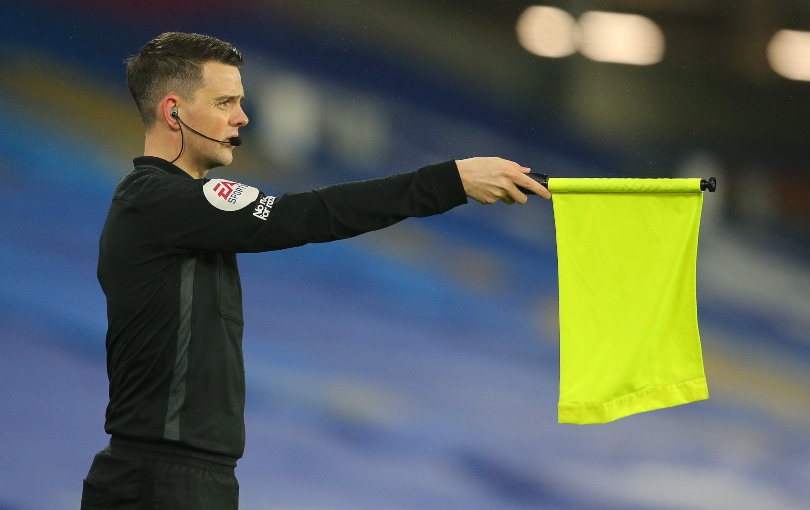What are the VAR rules in the Premier League this season?
The use of VAR has evolved since it was first introduced in 2019 and that process continues this season

Video assistant referees were introduced to help the on-pitch referee to reach the right decision with regard to key incidents concerning red cards, goals, penalties and cases of mistaken identity.
A VAR, an assistant VAR and a replay operator closely monitor the match, intervening only for ‘clear and obvious errors’ and ‘serious missed incidents’ falling into the aforementioned categories.
Many managers had long advocated for VAR to ensure that major, potentially game-changing decisions were made correctly, but it hasn’t been without controversy.
There have been complaints about the length of time taken to reach a decision, the use of VAR interrupting the flow of the game, and inconsistencies in its application, amongst other things.
Adjustments have been made to counteract these complaints and win over the sceptics, with an emphasis on keeping interference to a minimum.
There are three areas of focus for this season – marginal offsides, assistant referees delaying the flag, and the level of contact needed for a foul.
With marginal offsides, the benefit of the doubt has been given back to the attacking team, with thicker lines used when deciding whether or not a player was offside.
Get FourFourTwo Newsletter
The best features, fun and footballing quizzes, straight to your inbox every week.
Last season, assistant referees were asked to delay raising their flags for offside when an immediate goalscoring opportunity was likely to occur.
The thinking behind this was to wait until the chance had played out before flagging so that VAR could check for offside after the event.
This season, the threshold for what constitutes an immediate goalscoring opportunity will be raised so assistant referees are more likely to intervene.
Lastly, referees and video assistant referees are being encouraged to let the game flow and not penalise instances of minimal contact between players.
They are now looking for clear contact with clear consequences – a player falling or being thrown off their stride – rather than any instances of contact.
FourFourTwo was launched in 1994 on the back of a World Cup that England hadn’t even qualified for. It was an act of madness… but it somehow worked out. Our mission is to offer our intelligent, international audience access to the game’s biggest names, insightful analysis... and a bit of a giggle. We unashamedly love this game and we hope that our coverage reflects that.

